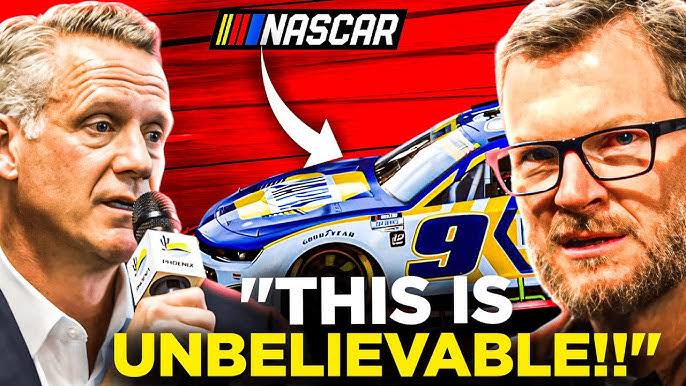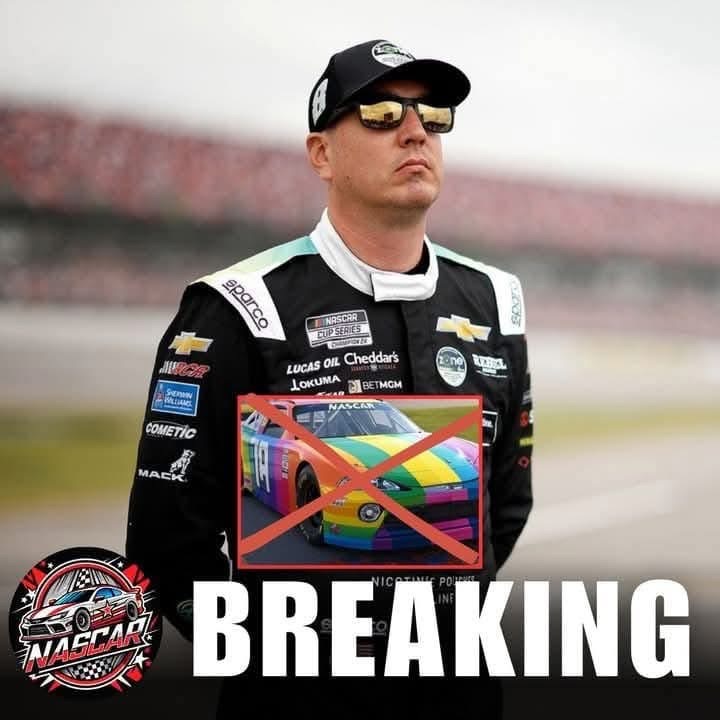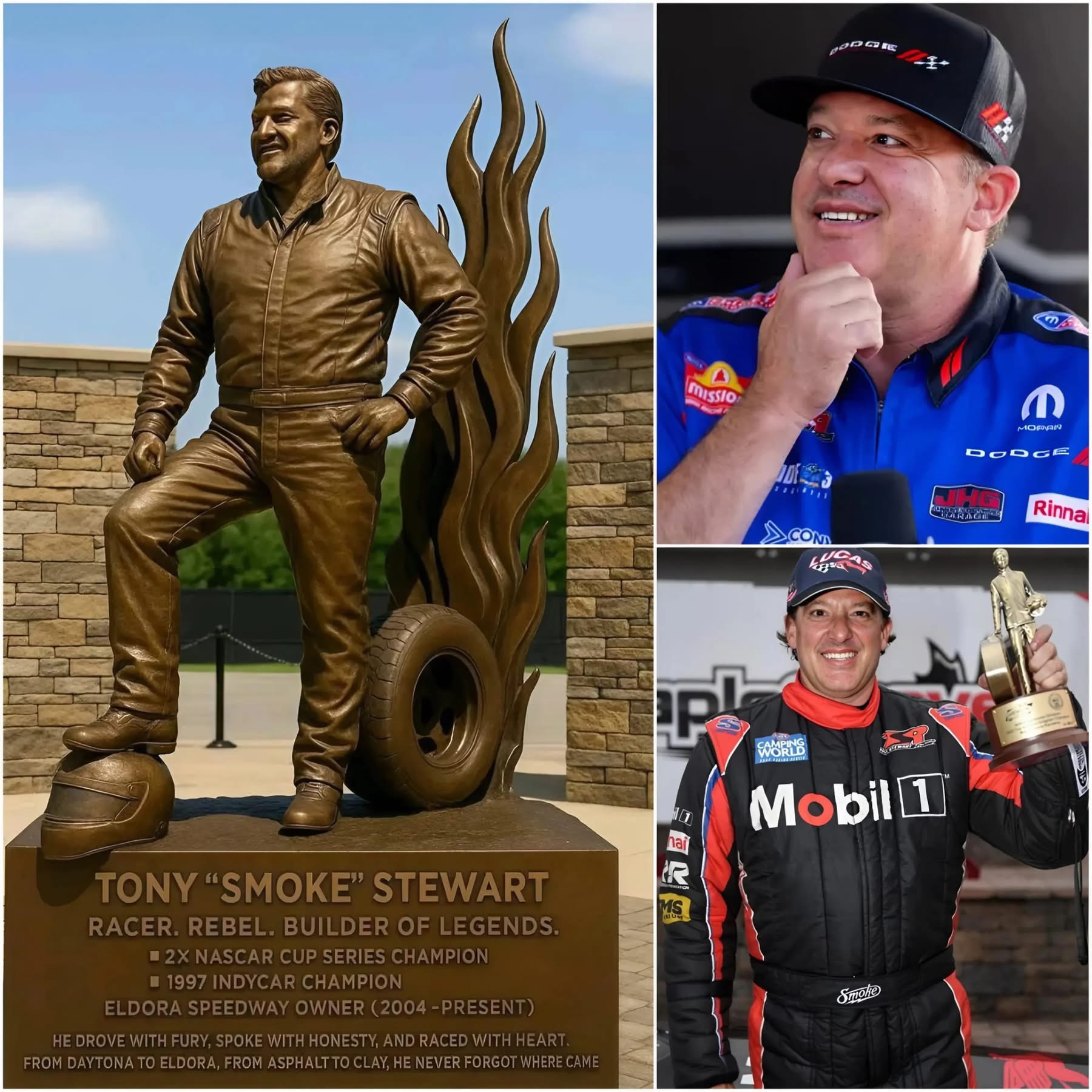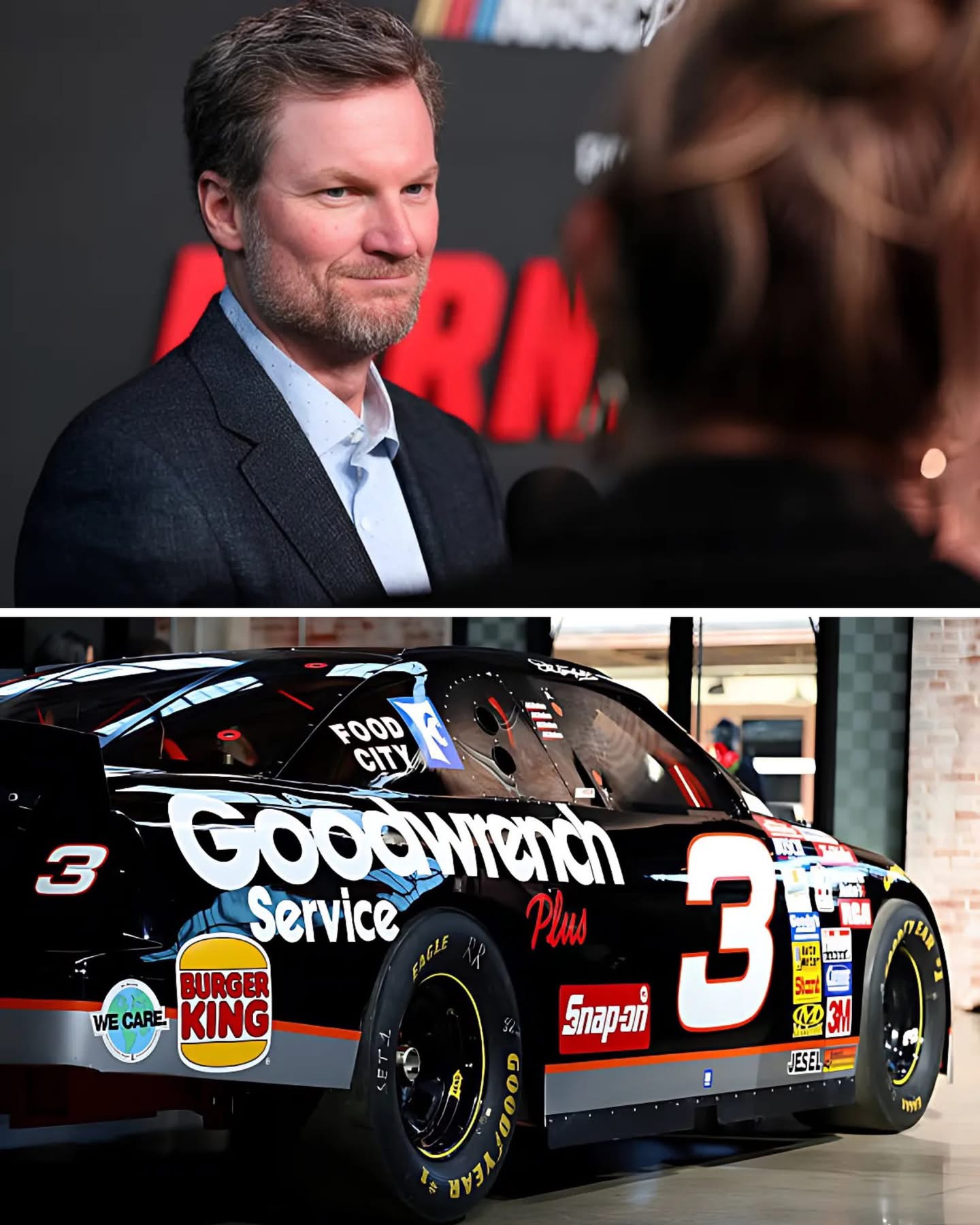Following the 2025 Daytona 500, Dale Earnhardt Jr. has called on NASCAR to implement significant changes to enhance the sport’s safety and competitiveness. He emphasized the need for improved safety measures to protect drivers during high-speed races. Additionally, Earnhardt Jr. suggested that NASCAR consider revising race formats to increase excitement and fan engagement. He also proposed that the organization explore new technologies to improve vehicle performance and driver safety. These suggestions reflect his ongoing commitment to the sport and his desire to see it evolve in a positive direction.
Following the 2025 Daytona 500, Dale Earnhardt Jr. has voiced his concerns over the current state of NASCAR’s race format, urging the organization to make substantial changes. Earnhardt, a beloved former driver and now a popular commentator, has always been outspoken about improving the sport, and his recent remarks have sparked a fresh conversation among fans and analysts alike.
One of the major points Earnhardt raised was the increased emphasis on superspeedway racing and the danger it presents to drivers. The Daytona 500, known for its high speeds and tight racing, has witnessed multiple incidents in recent years where drivers have been involved in massive wrecks, and Earnhardt is worried that the sport’s commitment to these high-risk tracks could jeopardize both driver safety and fan excitement in the long run.
In his statement, Earnhardt emphasized that while the thrill of superspeedway races is undeniably exciting, the risks might outweigh the benefits. He suggested that NASCAR should explore ways to reduce the frequency of such races in the regular season and focus more on tracks that allow for varied racing styles and strategies. The high-speed packs often lead to crashes that leave little room for drivers to recover or recover positions, which can undermine the skill aspect of racing.
Earnhardt also questioned NASCAR’s reliance on the drafting and pack-racing style that often defines superspeedway races. He proposed that NASCAR look into introducing more technical road courses and short tracks into the schedule to challenge drivers in different ways. Road courses, for instance, demand greater finesse and precision, testing a driver’s ability to manage braking and cornering, while short tracks emphasize strategy and control over raw speed.
Many have echoed Earnhardt’s sentiment, arguing that NASCAR’s recent push for larger, more competitive fields, combined with the inherent risks of superspeedway races, might be diluting the purity of the sport. However, Earnhardt did acknowledge that fan engagement is key, and any changes would need to be done carefully to maintain the excitement and spectacle that fans have come to love.
NASCAR has not yet commented on Earnhardt’s suggestions, but the discussion is likely to continue as the season unfolds. It remains to be seen whether the sport will take any of these recommendations seriously, but Earnhardt’s call for change has added fuel to the ongoing debate about how best to shape the future of racing in the series.









